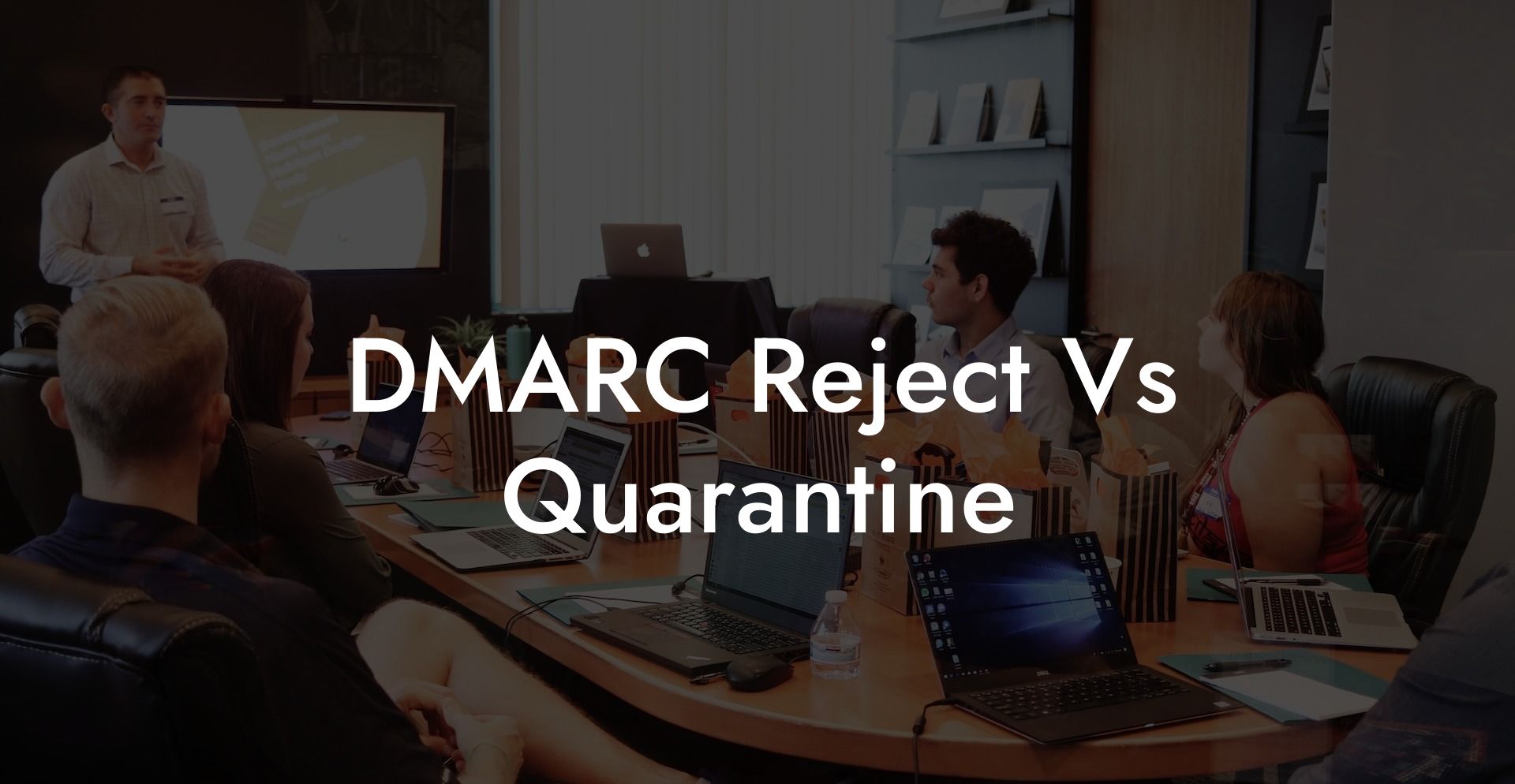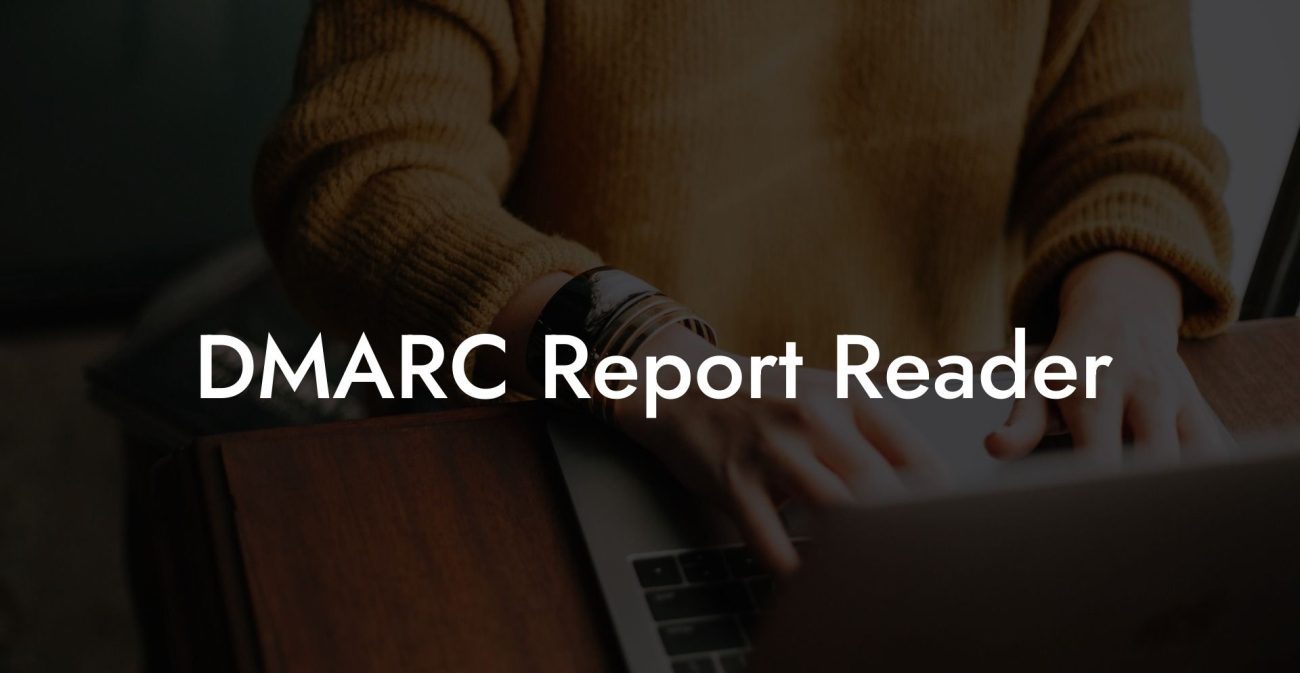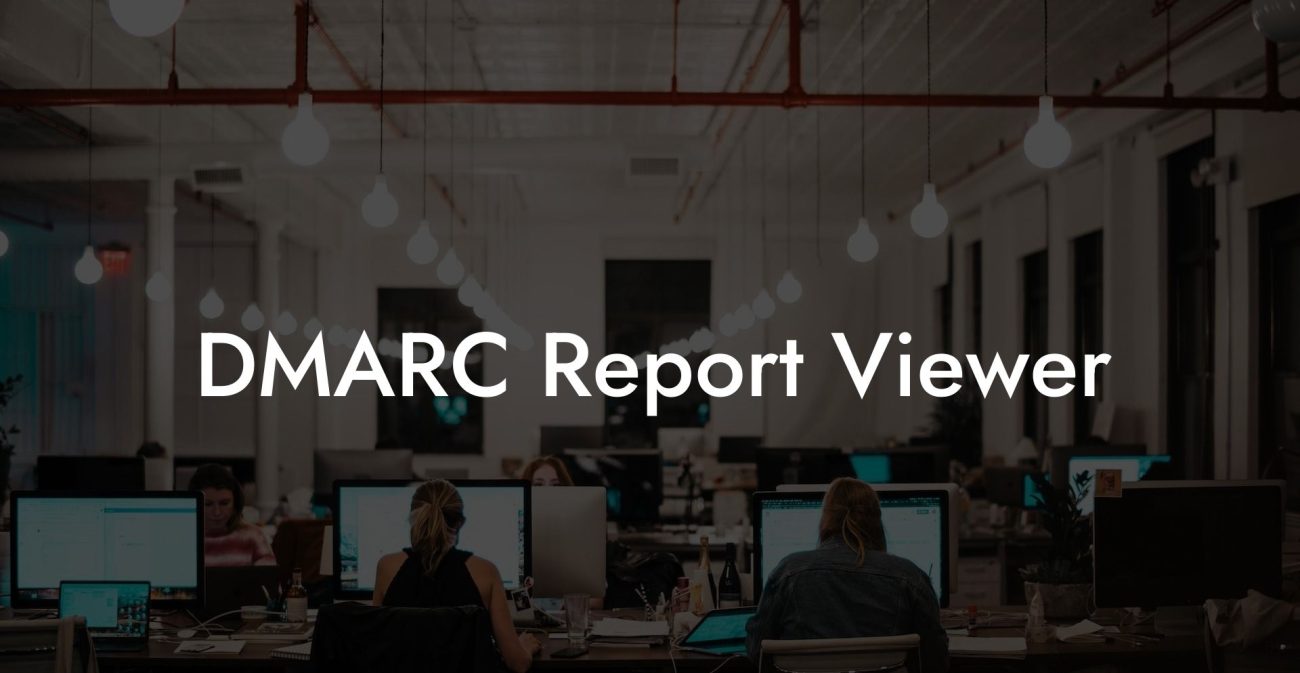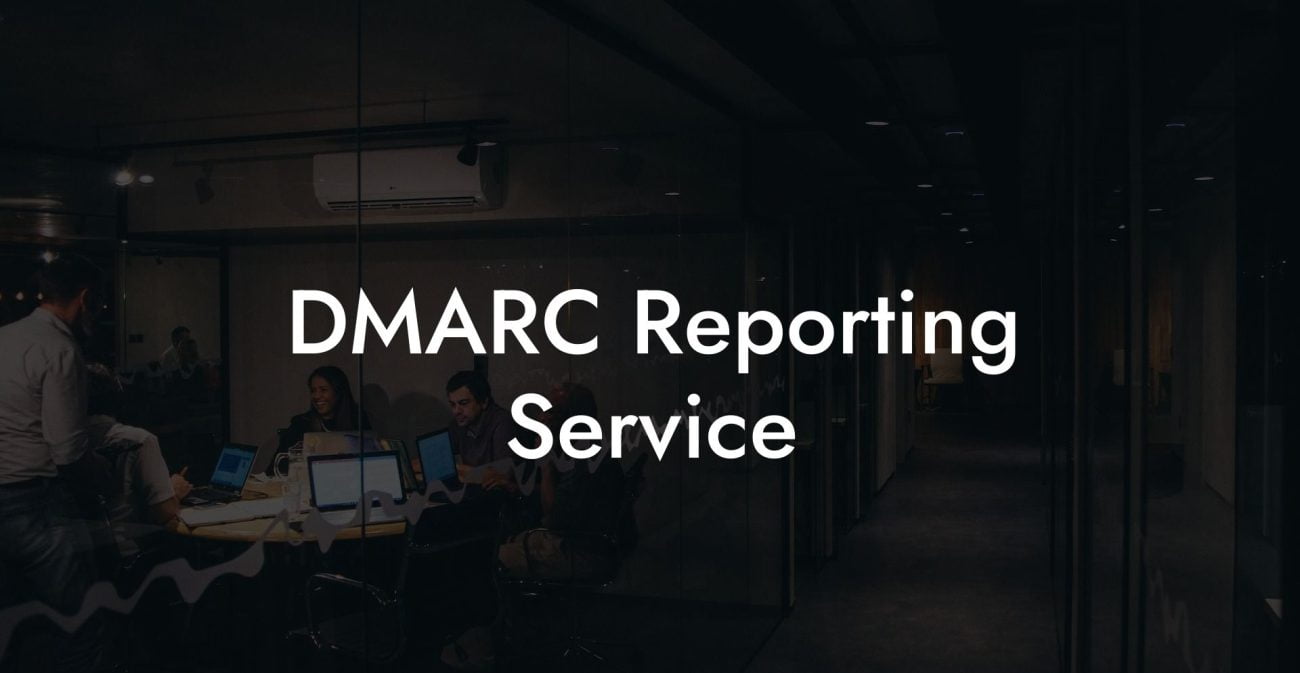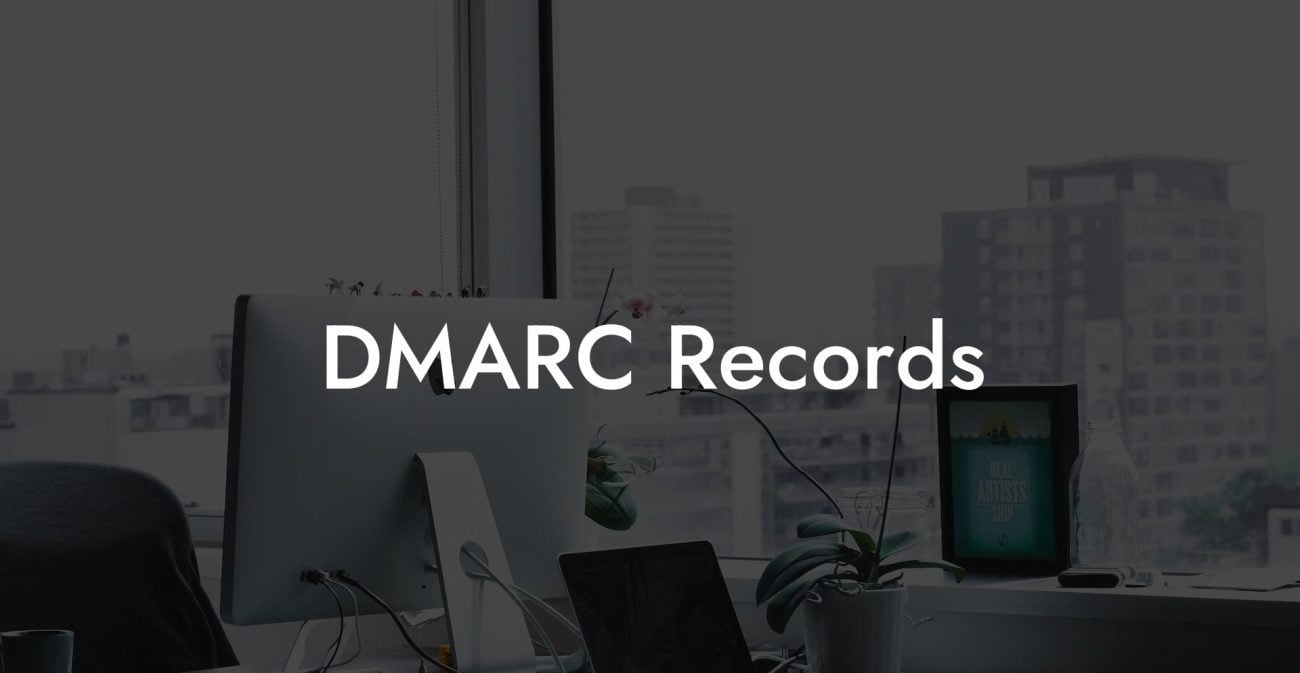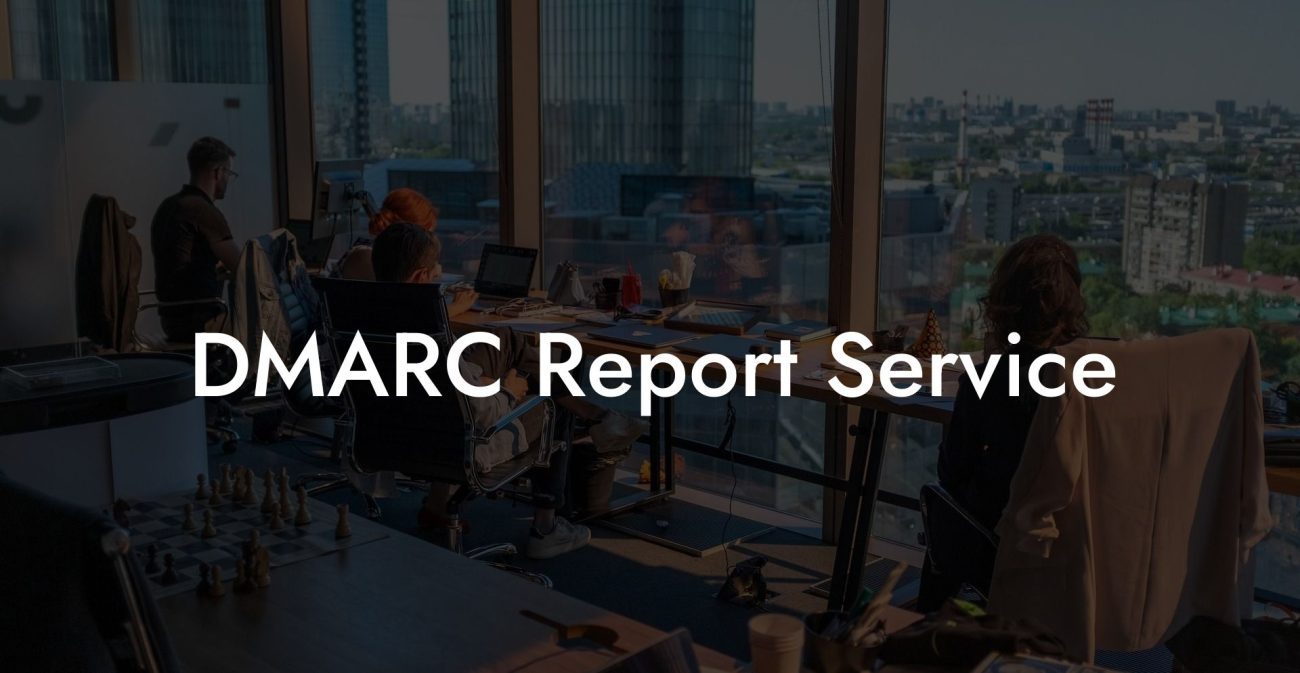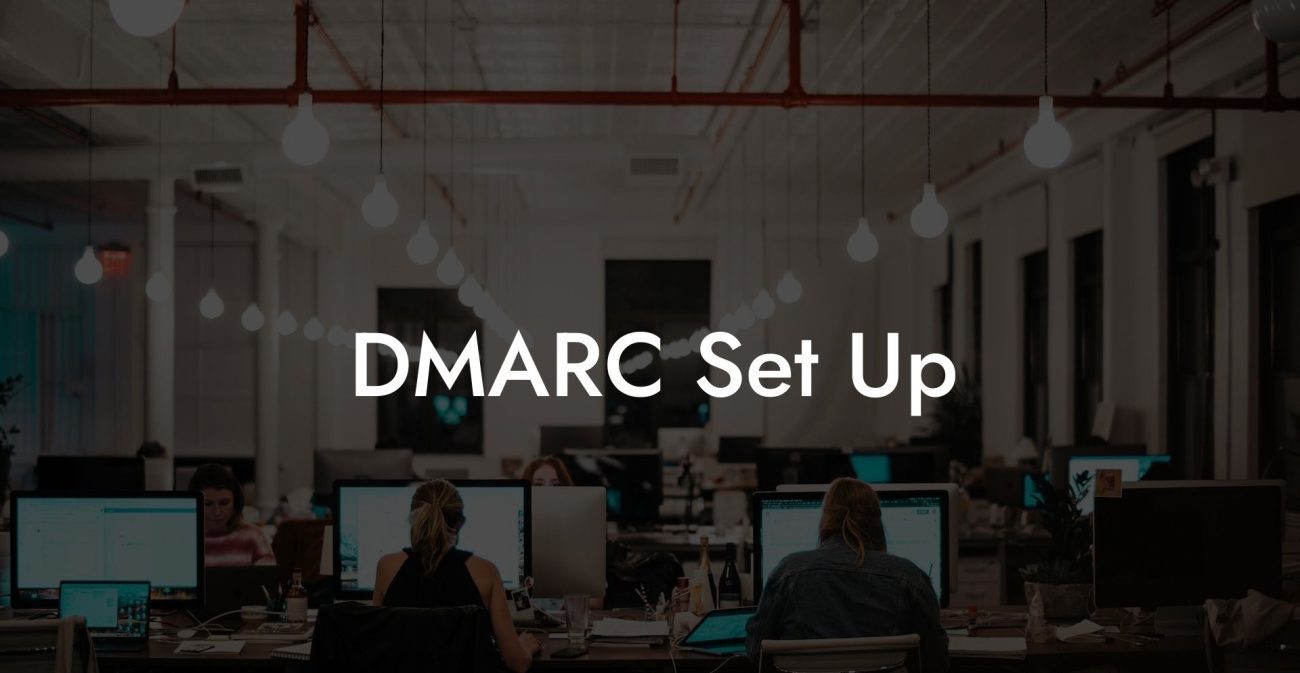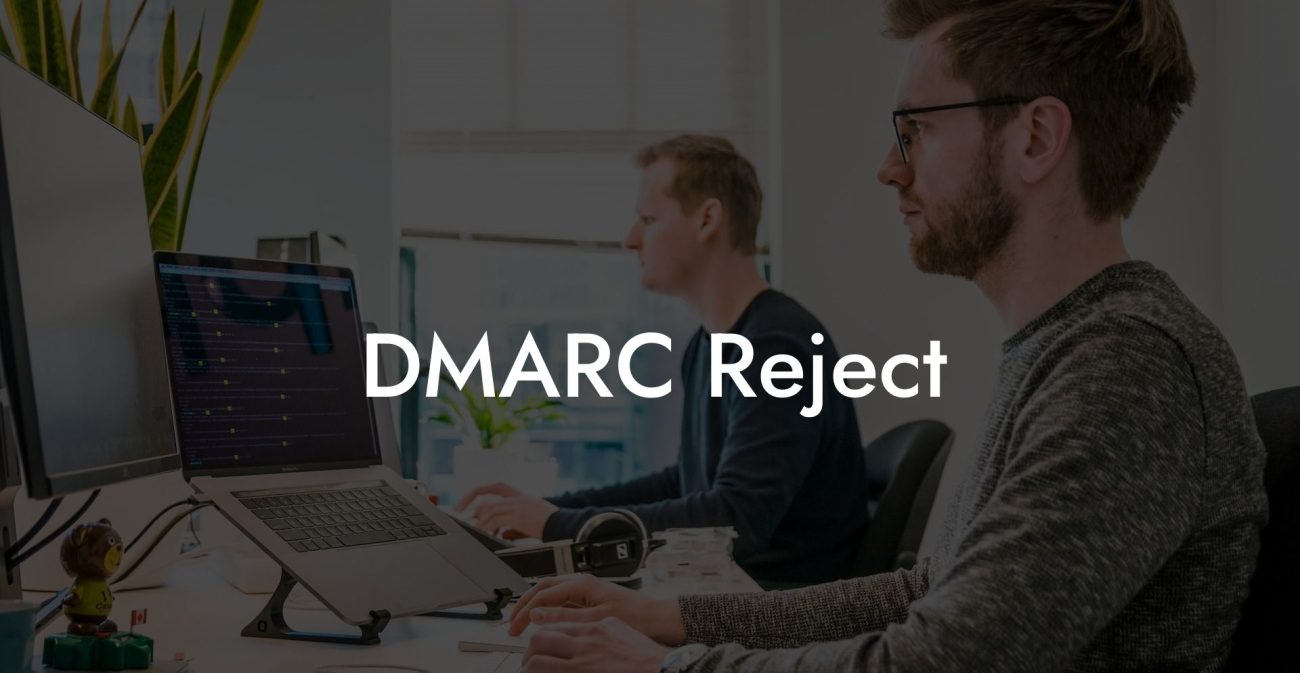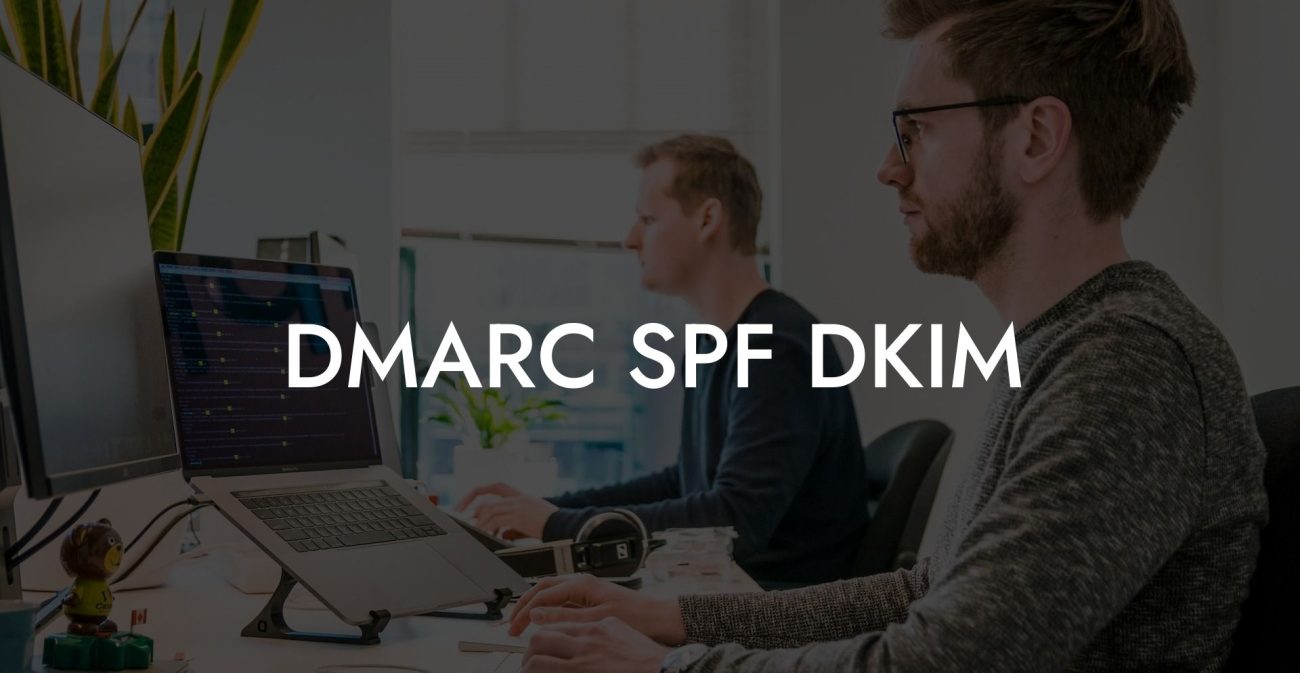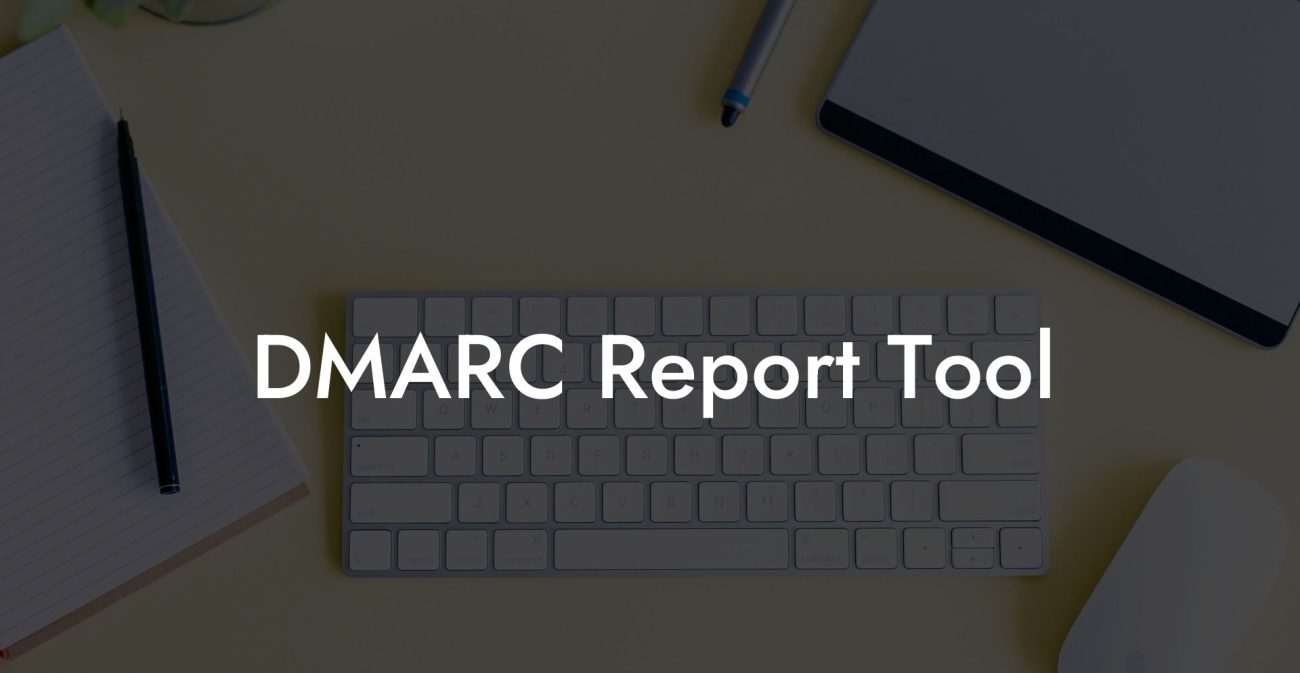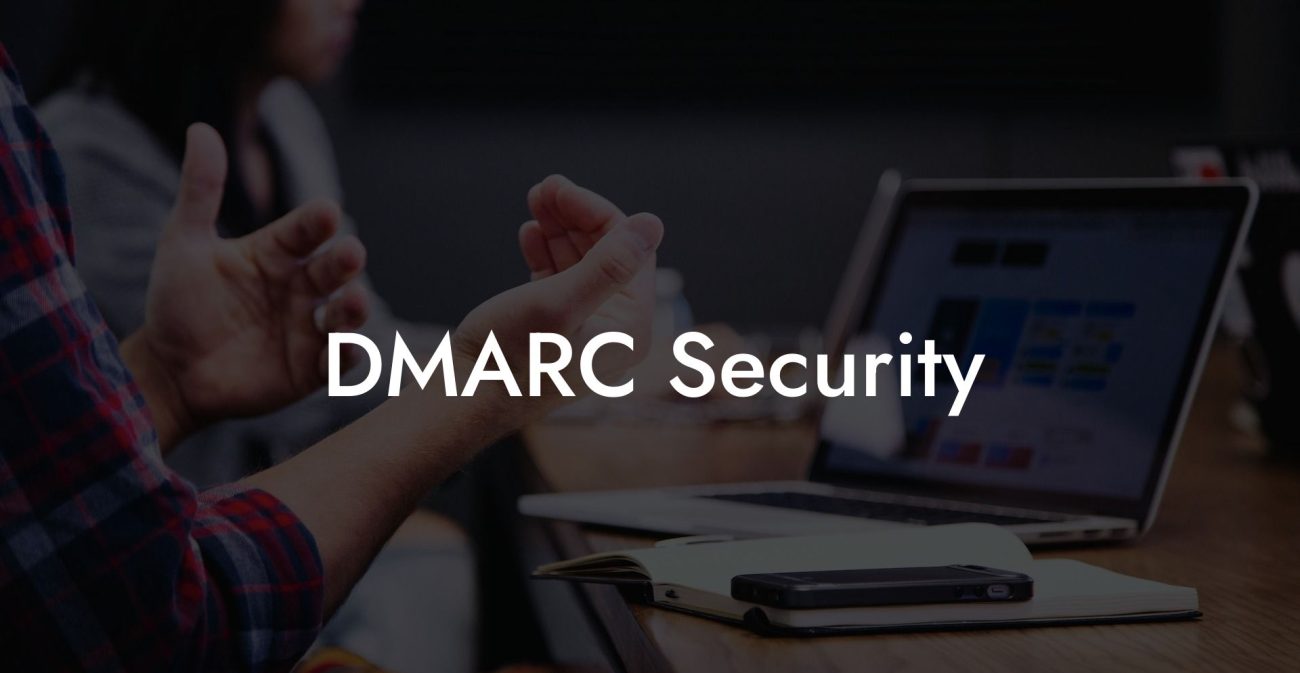The digital world we live in today has opened up new possibilities for us, but it has also brought increased risks, especially when it comes to email security. In this post, we'll explore DMARC, an essential tool to help protect your organization's email domain from phishing attacks and email spoofing. More specifically, we'll dive into the differences between DMARC Reject and DMARC Quarantine policies and how they can impact your email security strategy.
DMARC Reject Vs Quarantine Table of Contents
What is DMARC?
DMARC, which stands for Domain-based Message Authentication, Reporting, and Conformance, is an email authentication protocol designed to protect your organization's domain from spam, phishing attacks, and email spoofing. DMARC builds on two existing email authentication mechanisms: SPF (Sender Policy Framework) and DKIM (DomainKeys Identified Mail).
Protect Your Data Today With a Secure Password Manager. Our Top Password Managers:
When a DMARC policy is in place, the receiving mail server verifies that an email claiming to come from your domain is legitimate by checking the sender's SPF and DKIM records. If the email fails these checks, the DMARC policy instructs the receiving server on how to handle the email - either to reject, quarantine, or allow the message to be delivered to the recipient's inbox with no action taken.
DMARC Reject
A DMARC Reject policy is the strictest DMARC policy you can implement. It tells receiving mail servers to reject any emails that fail SPF and DKIM checks and do not align with your DMARC policy. Rejected emails will not be delivered to the recipient's inbox or spam folder, and the sender will typically receive a bounce notification to inform them that the message has not been delivered.
DMARC Quarantine
A DMARC Quarantine policy is a less strict option than DMARC Reject. Instead of outright rejecting emails that fail DMARC checks, a Quarantine policy instructs receiving mail servers to deliver these messages to the recipient's spam or junk folder. This allows recipients to review these potentially suspicious emails and decide whether they are legitimate or not.
Pros and Cons of DMARC Reject and Quarantine
Before you decide on a DMARC policy, it's essential to understand the pros and cons of both Reject and Quarantine policies.
- DMARC Reject Pros: A Reject policy provides the highest level of protection for your domain against phishing attacks and email spoofing. It prevents fraudulent emails from reaching your recipients' inboxes, minimizing the risk of security breaches.
- DMARC Reject Cons: Strict Reject policies can sometimes result in false positives, causing legitimate emails to be rejected. This can lead to customer dissatisfaction and loss of important communication.
- DMARC Quarantine Pros: A Quarantine policy reduces the risk of false positives, allowing recipients to review potentially suspicious emails. It also provides a level of protection against phishing and spoofing without blocking potentially legitimate emails.
- DMARC Quarantine Cons: This policy may not provide a strong enough deterrent against determined attackers, as some phishing emails could still reach the recipient's spam or junk folder.
DMARC Reject Vs Quarantine Example:
Imagine your organization has been the target of a recent phishing attack, and multiple employees have received emails appearing to be from your CEO, requesting sensitive information. To protect your domain and mitigate potential damage, you implement a DMARC policy.
By implementing a DMARC Reject policy, you effectively prevent any emails failing authentication checks from reaching your employees' inboxes, significantly reducing the risk of future attacks. However, you may inadvertently block some legitimate emails, leading to missed communication and frustration.
On the other hand, implementing a DMARC Quarantine policy allows suspicious emails to be sent to your employees' spam folders, providing an additional layer of protection while still allowing them to review the messages and determine their legitimacy.
In summary, choosing between a DMARC Reject and Quarantine policy depends on your organization's unique needs and priorities. While a Reject policy offers the highest level of protection, it may come at the expense of potentially blocking legitimate messages. A Quarantine policy provides a more balanced approach, allowing recipients to review suspicious emails and make informed decisions about their authenticity.
If you found this article helpful, please don't hesitate to share it with others and explore our other guides on Voice Phishing for more insights into securing your organization's email domain.
Protect Your Data Today With a Secure Password Manager. Our Top Password Managers:

